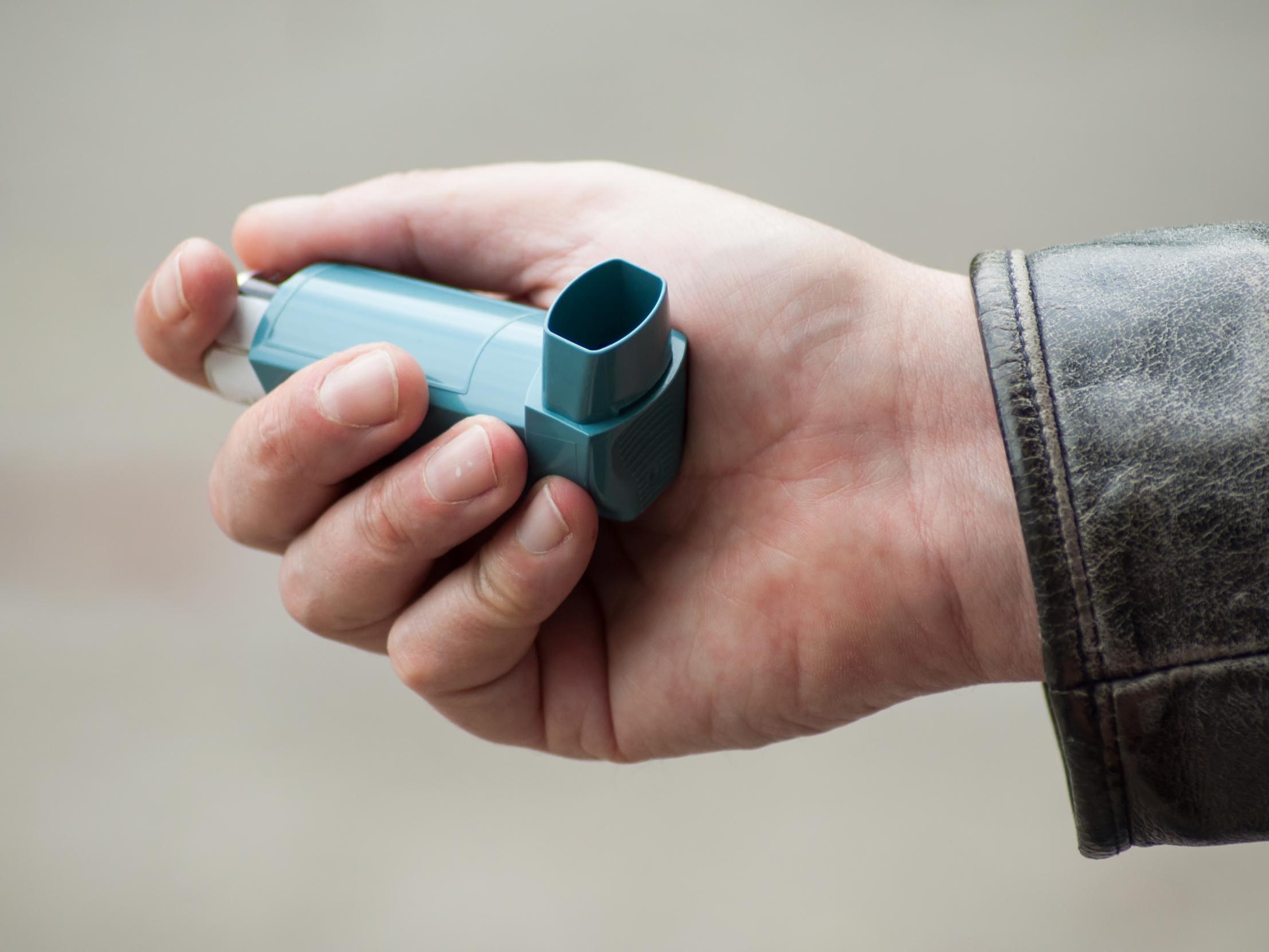Coronavirus: What do people with asthma need to know?
Guidelines from NICE offer tips to those with asthma

Your support helps us to tell the story
From reproductive rights to climate change to Big Tech, The Independent is on the ground when the story is developing. Whether it's investigating the financials of Elon Musk's pro-Trump PAC or producing our latest documentary, 'The A Word', which shines a light on the American women fighting for reproductive rights, we know how important it is to parse out the facts from the messaging.
At such a critical moment in US history, we need reporters on the ground. Your donation allows us to keep sending journalists to speak to both sides of the story.
The Independent is trusted by Americans across the entire political spectrum. And unlike many other quality news outlets, we choose not to lock Americans out of our reporting and analysis with paywalls. We believe quality journalism should be available to everyone, paid for by those who can afford it.
Your support makes all the difference.In April the National Institute for Health and Care Excellence (NICE) published guidelines for people suffering from asthma during the coronavirus outbreak.
The guidance has been published to ensure the safety of adults and children suffering from asthma during the ongoing pandemic.
This is because having respiratory problems can put you at higher risk of developing severe symptoms from Covid-19.
If you suffer from severe asthma, you should have received a letter or text message from the government with advice on shielding.
This, the government explains, is to protect people who are "clinically extremely vulnerable by minimising all interaction between those who are extremely vulnerable and others".
Those being told to shield have been urged to avoid any face-to-face contact for a period of at least 12 weeks from the day they received their letter or text, however, this period of time is subject to change.
If you have not yet received a letter or text, you are encouraged to abide by the social distancing rules for everyone.
Here's what you need to know if you suffer from asthma.
Should I continue taking my prescribed treatment?
According to the NICE guidelines, people who suffer from asthma should continue taking their prescribed treatment as normal,
This is because there is no evidence that biological therapies for asthma suppress immunity.
Asthma UK has also provided tips for people with asthma that they can follow in order to reduce their risk fo asthma symptoms, including ensuring that they keep taking their preventer inhaler daily as prescribed, that they carry a reliever inhaler and that they also follow a peak flow diary, keeping note of their asthma symptoms.
What happens if I develop symptoms of Covid-19?
If you develop symptoms, you need to stay at home for at least seven days, states Asthma UK.
Symptoms include a new and continuous cough and a raised temperature.
You do not need to phone 111 to inform them of your symptoms if they are mild.
Your symptoms should have passed by around seven days so be aware if they are persistent or getting worse.
What should I do if my symptoms get worse?
If the symptoms get worse, or they don't go away after seven days, you should phone 111 or, if you need emergency care, 999, says Asthma UK.
When you phone them, tell them that you suffer from asthma.
Should I need to attend an appointment at hospital, can I bring someone with me?
Unfortunately, due to the risk of increasing the spread of coronavirus, anyone attending hospital appointments on lockdown is being encouraged to attend alone.
If for whatever reason they absolutely cannot attend alone, they are entitled to bring just one person with them.
Could I speak to my GP over video?
GPs may be able to conduct appointments over video call or the phone to minimise physical interaction.
This will minimise the risk of infection.
How should I use and clean my inhaler?
NICE encourages people using inhalers to wash their hands before doing so.
The guidelines also urge people not to share their inhalers with anyone else to minimise the risk of infection.
Inhalers should also be cleaned regularly with detergent, such as washing up liquid.
You can read more about what to do if you have asthma on Asthma UK's website.
Join our commenting forum
Join thought-provoking conversations, follow other Independent readers and see their replies
Comments